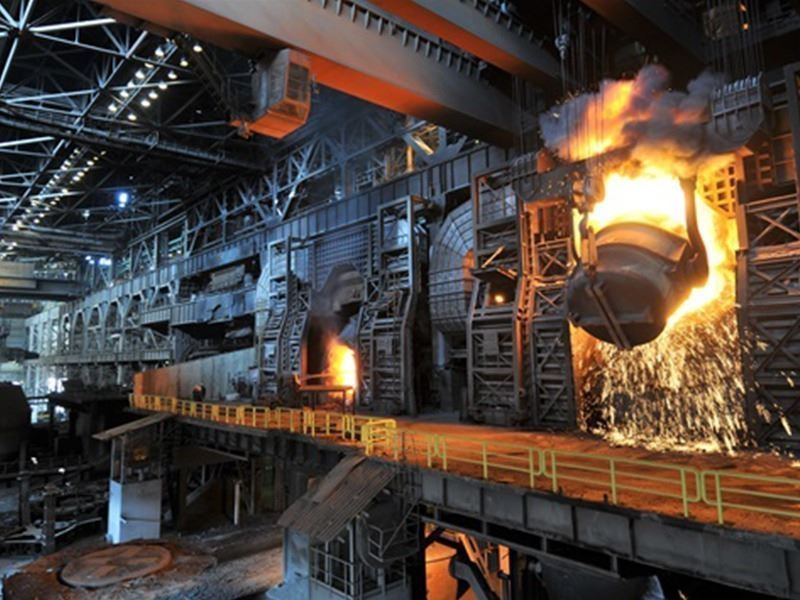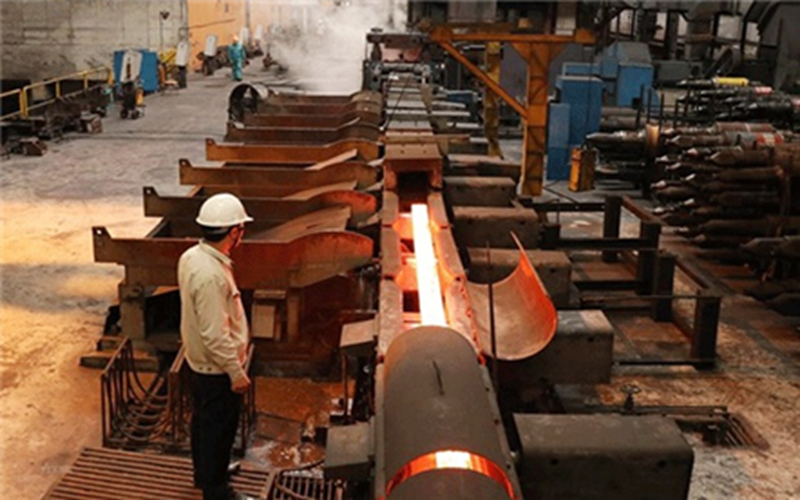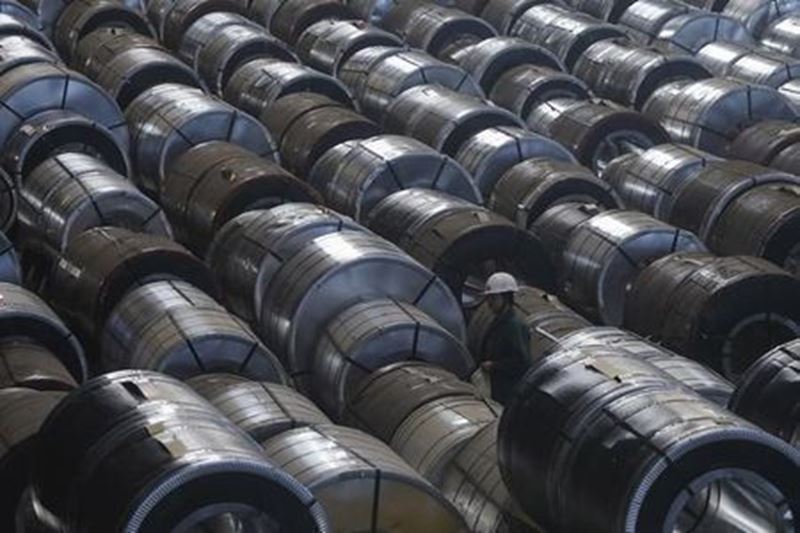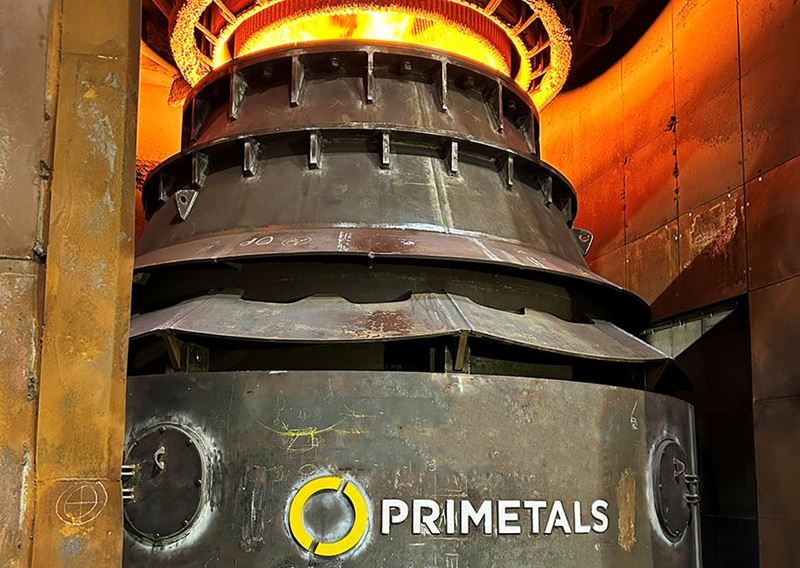The gradual recovery in the steel market that started at the beginning of this year was short-lived, and China's post-Covid economic recovery did not meet expectations. The latest data indicate that the weakness in the steel market has started again. The committee chairman stated that demand has begun to decline due to growing concerns about the real estate crisis in China, and the impact it will have on international steel markets.
The increase in steel production capacity around the world has led to increased overinvestment in the sector. According to the OECD, world steel production capacity will reach a record level in 2023, meaning a capacity well above demand expectations.
The OECD chairman pointed out that the incentives offered by the Chinese government to steel companies have the potential to worsen the steel overcapacity problem. These subsidies come in the form of both cash transfers and borrowings, adding to global steel overcapacity.
Growth in global steel demand is expected to decline in 2024, with forecasts downgraded following lower economic growth forecasts and risks from a decline in Chinese demand.
As efforts to decarbonize the steel industry continue, the OECD Steel Committee emphasizes that governments must improve conditions to accelerate this process. This includes addressing subsidies and excess capacity.
It is also stated that it is important to supply critical raw materials for the green transition of the steel industry. Participants emphasized the need to cooperate to promote scrap supply and maintain access to critical minerals through government policies.









Yorumlar
Henüz yorum yapılmadı